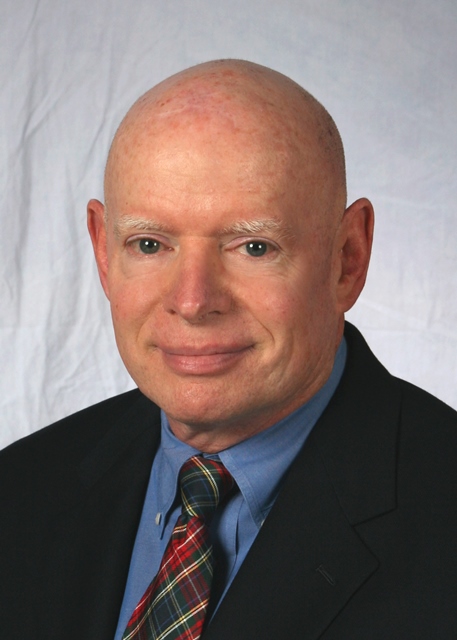By Vicki Brown and Jeff Brumley
American military personnel and their families have gone all-out during more than 10 years of continuous war, enduring unprecedented spikes in the tempo and duration of deployments.
That’s why it takes an equally all-out effort by ministers and others to provide spiritual, emotional and material help to warriors and their loved ones when reunited back home, according to current and former military chaplains.
“We can’t provide too much support and care for our military families,” said Gerald Hutchinson, a retired Navy captain and chaplain who now serves as chaplaincy and pastoral care services manager for the Cooperative Baptist Fellowship.

The wars in Iraq and Afghanistan, plus operations in other parts of the world, resulted in longer deployments with shorter periods of rest in between, Hutchinson said. That in turn generated increased cases of post-traumatic stress disorder, depression, amputation and suicide.
“That ripples and impacts the families and the caregivers in the community,” Hutchinson said.
He said the military has some resources to deal with those conditions and needs, especially for service members and veterans who live on or near bases.
Modeling that assistance are current and former Army chaplains in Kansas, who have stepped up with multi-level support and ministries to military personnel and their families.
Multi-level involvement
Gary “Sam” Sanford retired as a U.S. Army chaplain in 2000. But he didn’t leave ministry — or his compassion for soldiers — behind. Today, he ministers directly to servicemen and women and their families and encourages nearly everyone he meets to do so as well.
“I try to get involved in as many places as I can,” he said.
The longtime chaplain understands military personnel from two sides — six years as an Army Reserve medic followed by 30 years as an Army chaplain, retiring as a colonel.
He concentrates specifically on ways to help those with post-traumatic stress disorder.
Currently, he works part-time as a chaplain at the Dwight D. Eisenhower Veterans Administration Medical Center in Leavenworth, Kan., and is pastor of the nearby Rock of Ages Church.

In addition, he is a volunteer chaplain at the Lansing Correctional Facility and at the U.S. Penitentiary at Leavenworth, concentrating on veterans. He serves as chaplain for Veterans of Foreign Wars Post 56, the largest in the state, and leads a men’s prayer group on the Fort Leavenworth post early each Thursday morning. Sanford also serves as vice president of the Leavenworth Ministerial Association.
The Rock of Ages Church has become a “rock” for veterans, partly because most members are veterans or family members of veterans. The congregation hosts monthly dinners for veterans suffering from PTSD. Sanford usually invites a guest speaker, often a veteran who has overcome specific problems.
Sanford’s ministry bridges the gap between the church and the military. Active-duty chaplains also find ways to bridge soldiers’ military and civilian needs.
Redemption and hope
For Col. Gary Gilmore, service to military personnel takes a broader approach. As Missouri National Guard Joint Forces chaplain and chief of the Spiritual and Emotional Resiliency section, he focuses his mission on enlisting congregations as a statewide support network.
 When he discovered the Partners in Care program, created by fellow chaplain Col. William Sean Lee of the Maryland National Guard, Gilmore saw its potential in Missouri.
When he discovered the Partners in Care program, created by fellow chaplain Col. William Sean Lee of the Maryland National Guard, Gilmore saw its potential in Missouri.
The program developed from the idea that congregations could support National Guardsmen and women and their families in their own communities. Chaplains and other leaders could refer soldiers to churches with the services and resources servicemen and women need.
Gilmore continues to seek congregations willing to be partners. “The network is growing, but the program still needs area coverage. The only way we can cover Missouri is by working through the churches across the state,” he said.
The chaplain sees four issues he considers most pressing for Guard personnel: relationships in their marriage and as parents, substance abuse, medical problems and financial concerns.
Gilmore also wants to see more churches involved for the spiritual support they provide. “Moral injury” — when a soldier violates his or her moral code — wreaks havoc on relationships. Help for these individuals falls in the “pastoral care lane” because ministers “deal with redemption and hope,” he said.
Suicide intervention efforts among National Guardsmen and women have risen in Missouri, which has contributed to the decline in the suicide rate. Gilmore believes church involvement is partly responsible. “We usually look for a pastor with a master’s degree and who is connected to the community,” he said.
